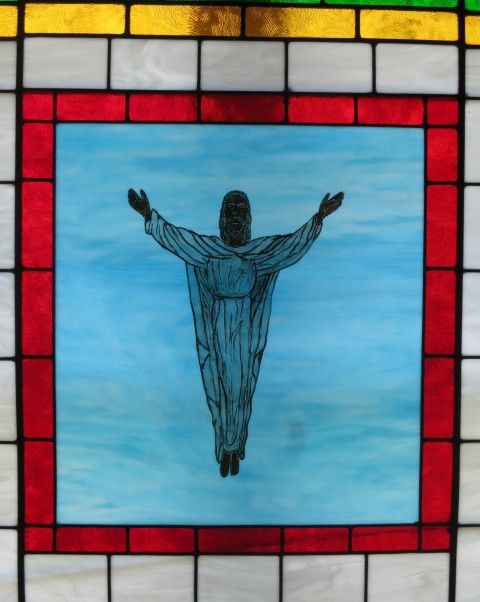May 10, Ascension of the Lord (Luke 24:44-53)
The church organizes its life in the wake of absence.

“While he was blessing them, he withdrew from them and was carried up into heaven.” After years of living and working together, Jesus departs. He leaves his friends.
Several years ago, days before the observance of Ascension, I sat with an Amish bishop in his Indiana farmhouse as he described this season in the church calendar. Ascension, he explained, was more significant in the Amish community than Easter. I asked the bishop if they celebrated the day with a worship service, with a potluck meal, with communion? “No,” he responded. “We don’t really think of the day as a celebration at all, but more like a time of mourning.” His voice drifted away on a gust of cool air through the living room windows. “It’s a time for lament because that’s when we remember that Jesus left us behind—that’s when he left us here.” There is no feasting, only fasting.
From early on in Luke’s Gospel, we’re told that Jesus has a sense that he will be taken away from his people, dragged away from his community. He knows that his time with his friends on earth won’t last forever. He speaks of this in parables, hinting at an unbearable reality, devastation looming on the horizon. “The days will come,” Jesus warns, “when the bridegroom will be taken away from them, and then they will fast in those days” (5:35). Fasting in those days—in these days, as the Amish bishop told me of their observance of Ascension.




